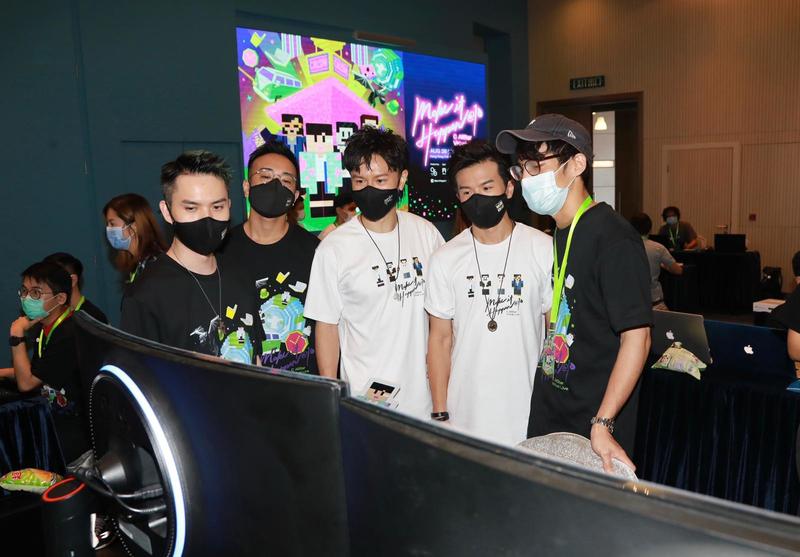The show must go on
By combining video games with live concerts, the digital generation is trying to create a brand-new entertainment experience for those at home. And the business has just started in Hong Kong. He Shusi reports.


Building connectivity creatively
However, the downside is that it may not bring the same level of return for companies measured in consumer engagement and the return of new users to the game. Even with corporate and brand sponsors, the loss of revenue on concessions and merchandise from live events will lower profit margins and scale of advertising. This, in turn, will affect the level of investment that such events can receive, she said.
If virtual entertainment events are to continue as the "new normal" for now, the organizers need to double down on their marketing and promotional efforts. Just because you have a captive audience does not mean they're automatically going to find you and spread the word, she said.
"From an experiential standpoint, we lose certain elements of the live experience when things go virtual. We can't simply ignore them," she said. "The problem is not the lack of opportunity to connect but a lack of creativity in building engagement from one-time to frequent users."
For virtual events to stand out, companies need to employ new technologies like virtual reality or augmented reality to create an interactive, and personalized element, such as being able to vote on a show list, location or theme the artist would perform in - actions that give fans more control and interactive content.
If consumers get the impression that what's being offered to them is only temporary, they'll quickly "log-off", she warned.
























